Cadel Evans: A pillar in Australian road cycling
A 14-year road racing career comes to an end
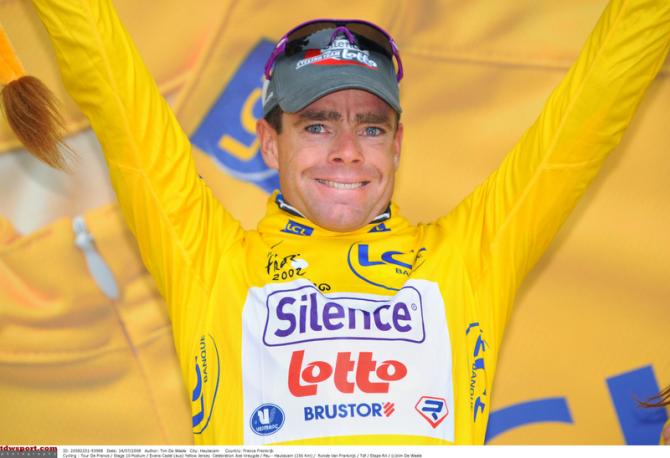
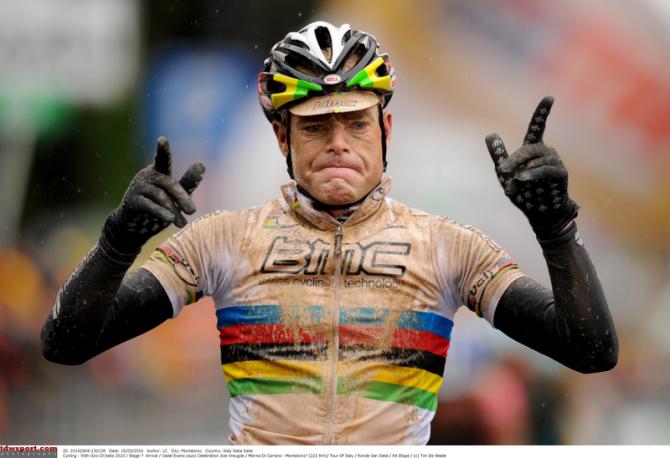
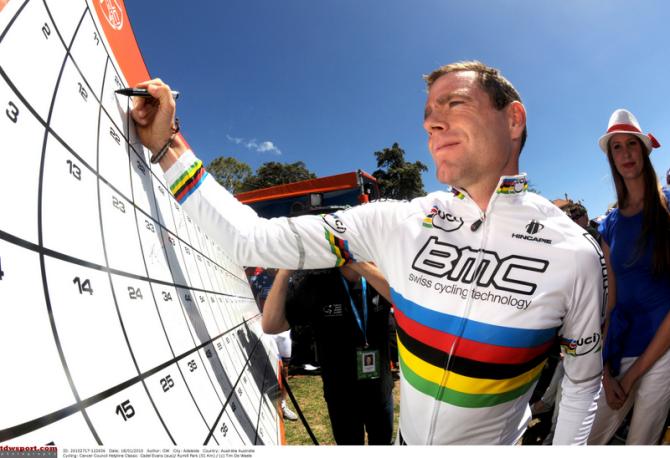
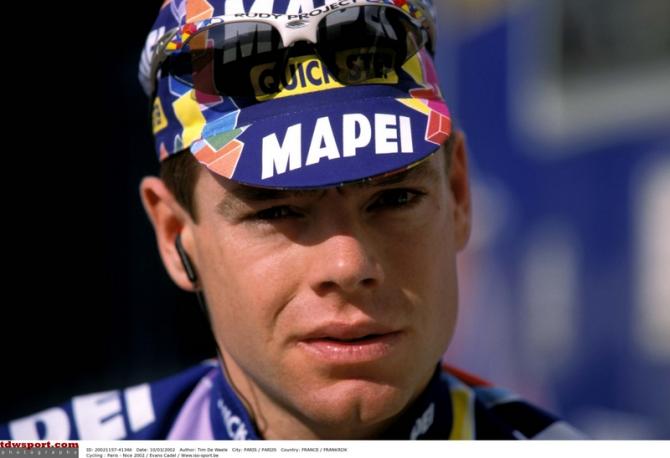
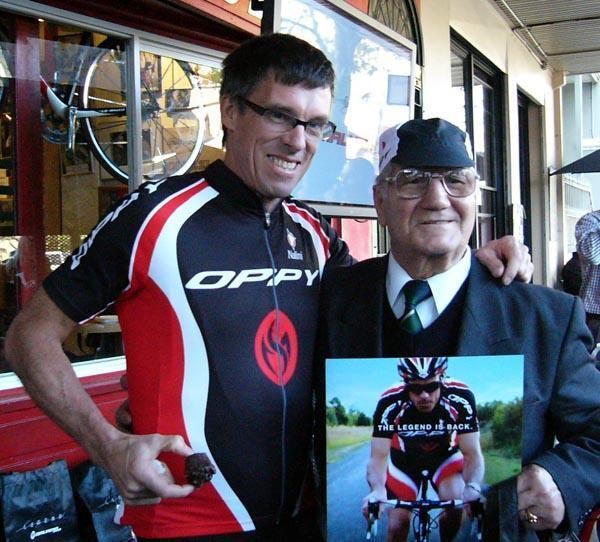
In the years that followed their retirements, Sir Hubert Opperman and Phil Anderson were considered as pillars of Australian road cycling.
As riders emerged and performed in the generations that followed Opperman and - many years later - Anderson, their careers were regularly referred to as points of reference, especially with the Tour de France.
Opperman and Anderson were both pioneers for Australia in the Tour as they starred at times when English speaking riders were still a novelty and the support pathway for a budding rider from afar virtually did not exist - unlike today.
Opperman, who also won the hearts of the French for his exploits on the track, impressed in his bids to learn from and follow Don Kirkham and Snowy 'Iddo' Munro who in 1914 were the first Australians to race the Tour. In his two starts, Opperman placed 18th in 1928 and 12th in 1931.
Anderson, who also starred as a Classics rider in the 1980s, became the measure Australians were compared to by becoming the first Australian to wear the Tour's yellow jersey in 1981 – albeit for a day.
He went on to finish in the top five overall fives times from his 13 starts. His best overall finish was fifth place in 1982 and 1985.
He also won a stage in 1982 when he wore the yellow for nine days and also won the white jersey as best young rider, and another in 1991 when he rode with Motorola.
Get The Leadout Newsletter
The latest race content, interviews, features, reviews and expert buying guides, direct to your inbox!
Cadel Evans … the next pillar
On February 1 another pillar will be embedded into the foundation of Australian road cycling when Cadel Evans, 37, finishes his 14-year road career at the inaugural Cadel Evans Great Ocean Road Race near his home in Victoria, Australia.
Evans will become the greatest reference point as the first Australian to win the men's elite road World Championship at Mendrisio in 2009 (Note - in 1950 Australian Jack Hoobin won the amateur world road title at Moorslede, Belgium) and then the Tour in 2011.
Opperman, sadly, is no longer living to speak of Evans. He died April 1996, aged 91. But Anderson, who retired in 1994, has followed Evans' career from mountain biking to road cycling.
"You have to put him in the super class because he got the Tour win," Anderson told Cyclingnews. "[As someone] from a non-cycling nation, that was huge a step for anybody outside of Europe.
"There have been a couple [of non-European winners] – well … Greg LeMond [the 1986, 1989 and 1990 winner]. Cadel is up there as an athlete.
"There is also his 2009 world title. But with those two great results – the Tour and world title – there are also other significant results."
From mountain biker to the road …
Anderson managed the Volvo-Cannondale team in the 1999 Tour of Tasmania that Evans won overall with a win on the stage to Mount Wellington.
The victory by Evans, who was still a mountain biker, left many observers believing that he was a road racing star in the making.
Television commentator Phil Liggett who followed the Mount Wellington stage with Anderson in the team car even said, "This kid could win the Tour de France one day."
Anderson remembers Evans' "unique character" but says he definitely saw a road champion-to-be in the 1998 and 1999 mountain bike World Champion.
"He reached pretty much the pinnacle of mountain biking and then he transitioned to the road," Anderson said. "He was the first really successful rider to come out of mountain biking and make it to the top.
"At Motorola we had John Tomac. He should have made the transition but he went back to mountain biking."
Anderson cites Evans' Grand Tour debut in the 2002 Giro d'Italia when he rode for Mapei team as the trigger of interest in him by big road teams.
Evans led the Giro up to the final mountain stage but faded that day to finish 14th. "It was a big surprise when he got the Giro lead in his first Grand Tour," Anderson said.
"It looked like he was going to win it, but then he faltered a day or so before the finish.
"But Cadel was obviously very gifted and that was picked up in his first Giro.
"Teams saw this mountain biker from Australia was a pretty good climber and it went from there."
Rupert Guinness is a sports writer for The Sydney Morning Herald
Rupert Guinness first wrote on cycling at the 1984 Victorian road titles in Australia from the finish line on a blustery and cold hilltop with a few dozen supporters. But since 1987, he has covered 26 Tours de France, as well as numerous editions of the Giro d'Italia, Vuelta a Espana, classics, world track and road titles and other races around the world, plus four Olympic Games (1992, 2000, 2008, 2012). He lived in Belgium and France from 1987 to 1995 writing for Winning Magazine and VeloNews, but now lives in Sydney as a sports writer for The Sydney Morning Herald (Fairfax Media) and contributor to Cyclingnews and select publications.
An author of 13 books, most of them on cycling, he can be seen in a Hawaiian shirt enjoying a drop of French rosé between competing in Ironman triathlons.